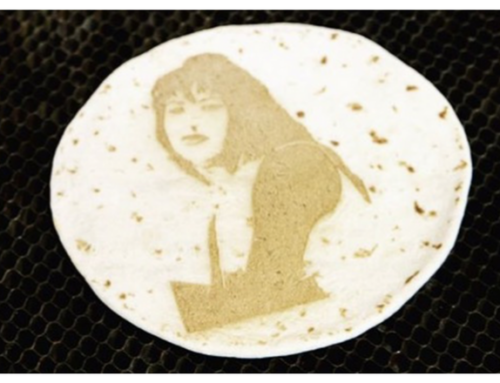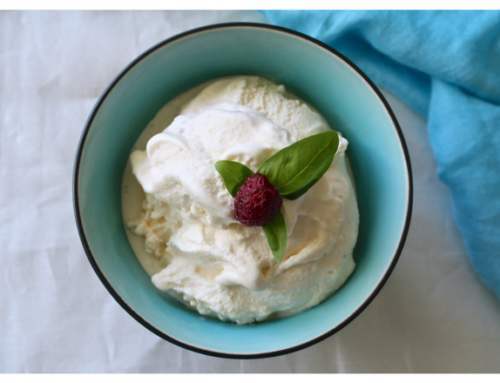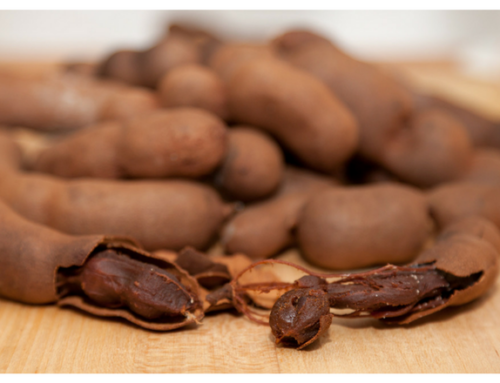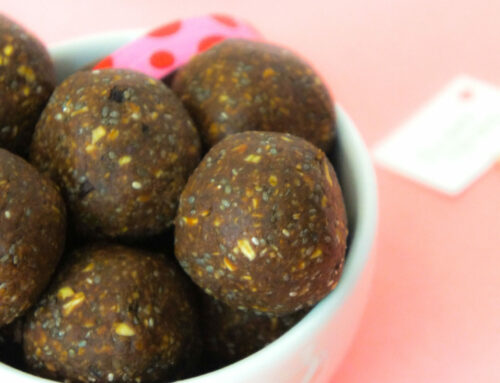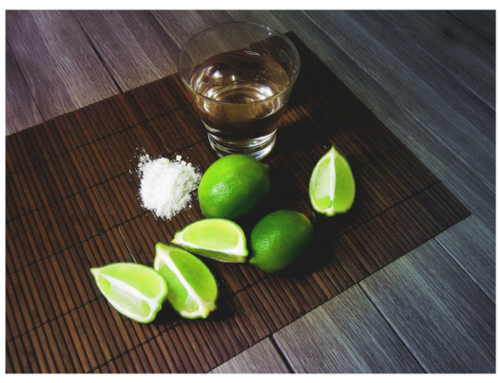After a year of sitting in your cupboard, most herbs lose their flavor. If your thrifty side aches at the idea of throwing away all those little glass jars, you might consider growing your own herbs. A few plants on your windowsill would be a welcome change to your interior décor, and once you are tired of them, you can harvest your herbs and store them for use in your favorite dishes. Here’s a quick and easy guide to drying your own herbs.
Drying herbs is not as hard as you think. Simply bind a bunch of herbs together at the base of the stems with twine or a rubber band. Hang the bunch of herbs upside down from an indoor laundry line, or clip them to a wire hanger with a clothes pin, and hang in a well-ventilated (but not drafty) area. The natural oils in herbs are quite delicate and can be damaged if you try to dry the herbs in an oven or microwave. Once the herbs are dried, remove them from the bundle and store in an airtight container. Make sure you tag your bundles and mark your jars before storage, as it is pretty easy to mix up your marjoram with your oregano after they are dried.
If you don’t have time to dry your herbs, freezing them is another option. If necessary, remove the leaves from woody stems, such as with thyme and rosemary, and simply freeze the leaf, discarding the stems. Plastic ice cube trays can be converted into herbal storage and freezing trays. You can label the interior of each cube portion with the herb of your choice, fill and then cover with a heavy sheet of aluminum. Pop the whole tray into your freezer. The tray works like an artist’s pallet when you are ready to use it: a pinch of each of your favorite herbal flavor is fresh and at your fingertips!
Next, the best herbs to stock up on…
[pagebreak]Not all herbs convert from fresh to dried successfully. Here is a list of herbs that retain the most flavor when dried or frozen:
Excellent:
Chives – Allium schoenoprasum
Oregano – Origanum vulgare
Marjoram Origanum majorana
Dill – Anethum graveolens
Thyme – Thymus vulgaris
Lavender – Lavandula
Bay Leaves – Laurus nobilis
Good:
Mint –Mentha
Parsley – Petroselinum crispum
Sage – Salvia officinalis
Fair:
Basil – Ocimum basilicum
Epazote – Dysphania ambrosioides
Cilantro – Chenopodium album
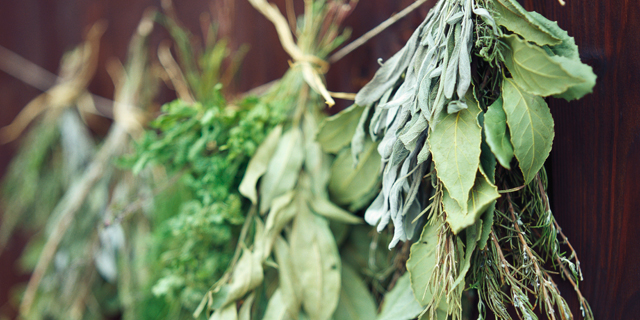

![Making Mealtime Matter with La Familia: Easy Sofrito [Video]](https://thelatinkitchen.com/wp-content/uploads/2015/10/sofrito-shutterstock__0-500x383.jpg)
![Easy Latin Smoothies: Goji Berry Smoothie [Video]](https://thelatinkitchen.com/wp-content/uploads/2015/12/goji_berry-shutterstock_-500x383.jpg)
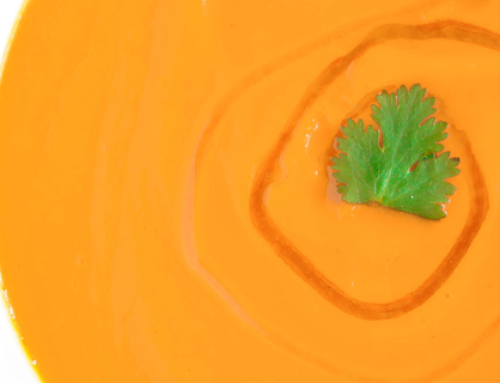

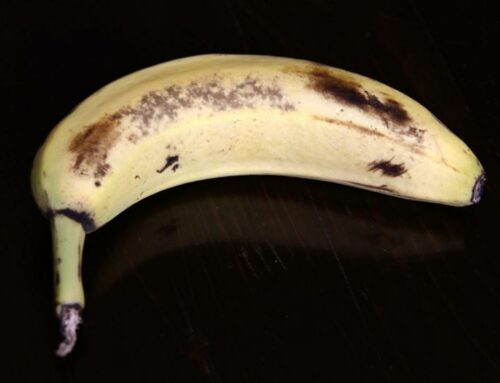



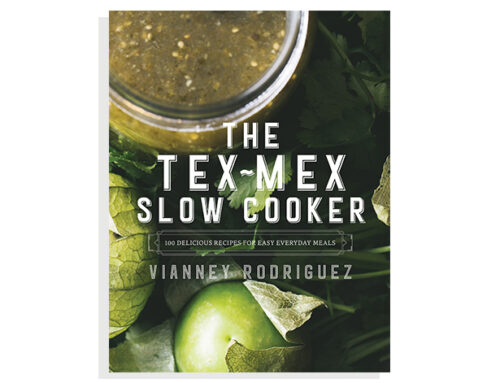




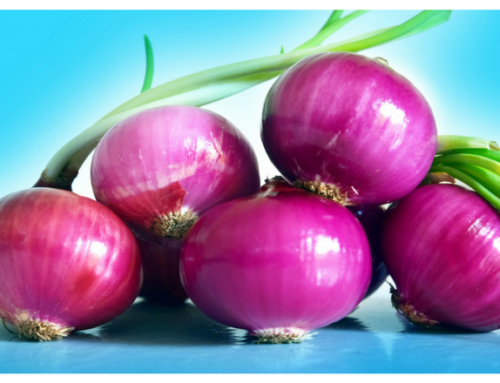




![Fun and Fast Recipes: Fiesta Cabbage Salad [Video]](https://thelatinkitchen.com/wp-content/uploads/2015/11/fiesta_cabbage_slaw-shutterstock_-500x383.jpg)
